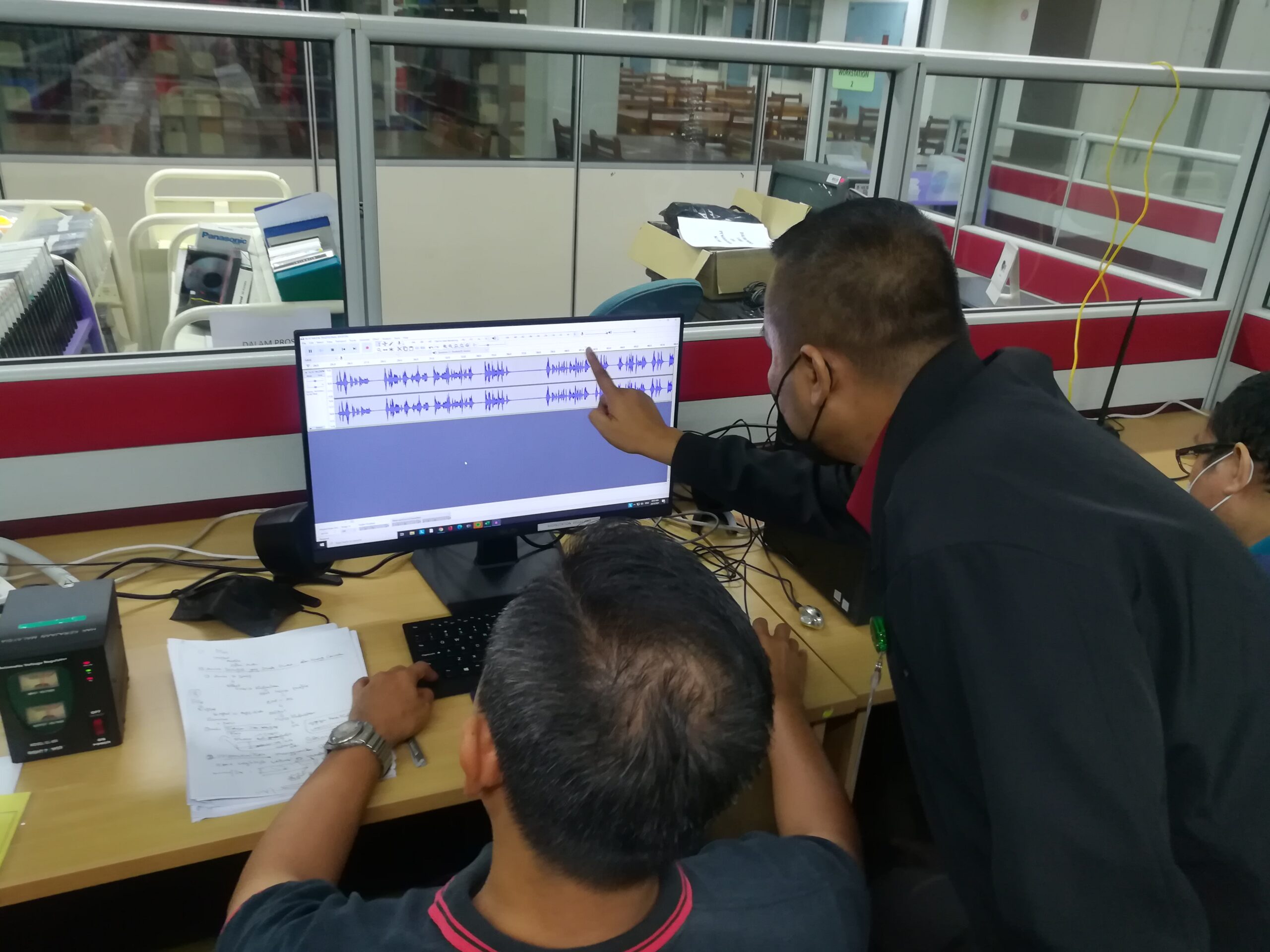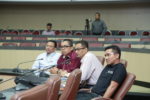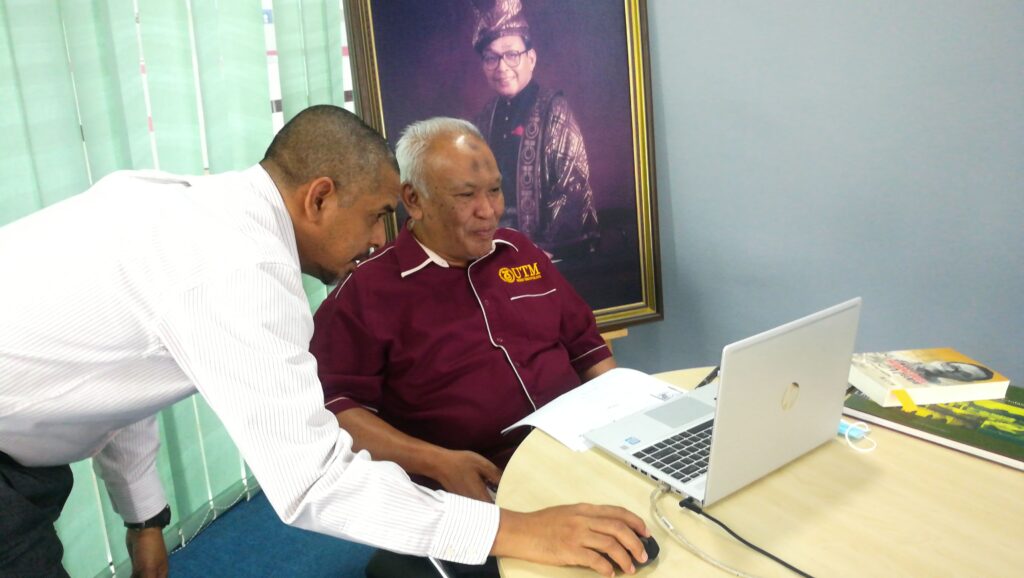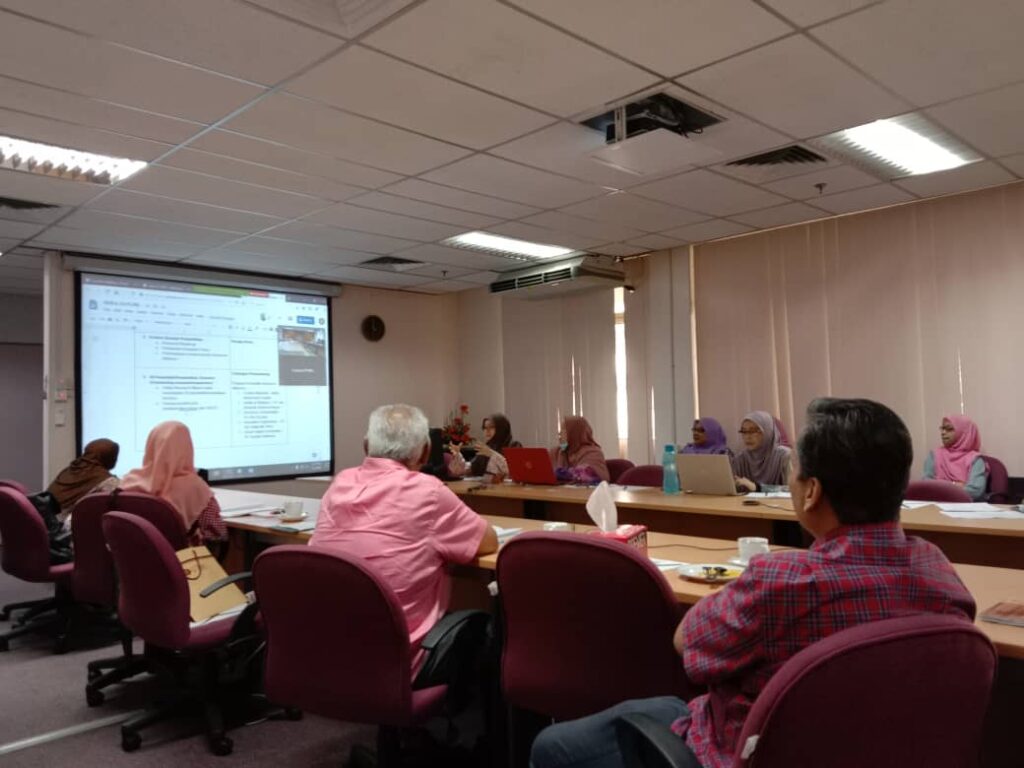In Malaysia, academic libraries play a significant role in supporting research by offering various services that extend beyond traditional roles. These libraries are fundamental to the research infrastructure, offering digital resources, data management support, and partnerships with faculty to support the entire research lifecycle (Rasul & Singh, 2018; Chen & Lin, 2018). This article outlines the key areas where Malaysian academic libraries contribute, focusing on digital resources, embedded librarianship, and open-access initiatives.
Digital Resources as a Research Foundation
Digital resources are essential to research support in Malaysian libraries. The shift toward digital collections allows researchers quick access to relevant academic materials. As noted by Rasul and Singh (2018), Malaysian universities emphasize online resources to ensure the academic community has the latest information at their fingertips. By prioritizing databases, e-books, and online journals, Malaysian libraries are adapting to modern research needs that favor convenience and accessibility. Libraries’ adoption of digital resources is driven by the need to meet faculty and student demand for remote access, as highlighted by Amir et al. (2018) in the Malaysian Journal of Library and Information Science.
Knowledge Management Frameworks in Embedded Librarianship
The concept of embedded librarianship, where librarians integrate with academic departments to offer specialized research support, is increasingly relevant in Malaysia. According to Chen and Lin (2018), embedded librarianship uses a knowledge management framework that helps structure research support services to include data management, bibliometric analysis, and specialized literature review assistance. This model allows librarians to work closely with research teams, contributing expert knowledge that enhances productivity and helps researchers manage their data and resources effectively.
Institutional Repositories and Open Access Initiatives
Malaysian academic libraries have also invested in developing institutional repositories to promote open access and preserve academic research output. By hosting and managing these repositories, libraries provide a platform where faculty and students can share their work globally, supporting an open-access culture (Chen & Lin, 2018). The role of these repositories in knowledge dissemination is especially valuable as it enables Malaysian scholarship to be accessible to a global audience, fostering collaboration and increasing research visibility. Initiatives to develop these repositories align with international trends, where libraries support open knowledge sharing as a core component of their mission.
Digital Literacy and Research Training Programs
To support researchers in using advanced tools and databases, Malaysian libraries offer training in digital literacy and research skills. Programs cover a range of topics, from data analysis and visualization software to citation management. Rasul and Singh (2018) found that these training sessions not only enhance researchers’ technical skills but also encourage the effective use of library resources, thus increasing the library’s value to the academic community. This focus on training reflects a commitment to supporting researchers at every stage, ensuring they can navigate the growing complexities of digital information landscapes.
Research Collaboration and Faculty Partnerships
Finally, Malaysian academic libraries are active in establishing research partnerships with faculty, positioning librarians as valuable contributors to research projects. In these roles, librarians assist with data curation, publication processes, and scholarly communication, all of which enhance the quality of research outputs (Amir et al., 2018). Collaborative research support allows librarians to combine their information management expertise with academic subject knowledge, promoting interdisciplinary collaboration and fostering innovative research.
Conclusion
Research support services are essential components of Malaysian academic libraries, enabling researchers to access resources, manage data, and engage in collaborative projects. By emphasizing digital resources, embedded support models, open-access repositories, and digital literacy training, Malaysian libraries are ensuring that they meet the evolving needs of the research community. These efforts underscore the critical role of libraries in fostering a robust and collaborative research environment that contributes significantly to Malaysia’s academic and research landscape.
References
Amir, R., et al. (2018). Library resources and services for research. Malaysian Journal of Library and Information Science. Retrieved from Malaysian Journal of Library and Information Science.
Chen, J., & Lin, H. (2018). Embedded library research support service: A knowledge management service framework in academic libraries. IFLA WLIC 2018 – Transform Libraries, Transform Societies. Kuala Lumpur, Malaysia. Retrieved from IFLA Library.
Rasul, A., & Singh, D. (2018). Academic librarians’ roles and competencies in research partnership. Malaysian Journal of Library and Information Science. Retrieved from Malaysian Journal of Library and Information Science.


















